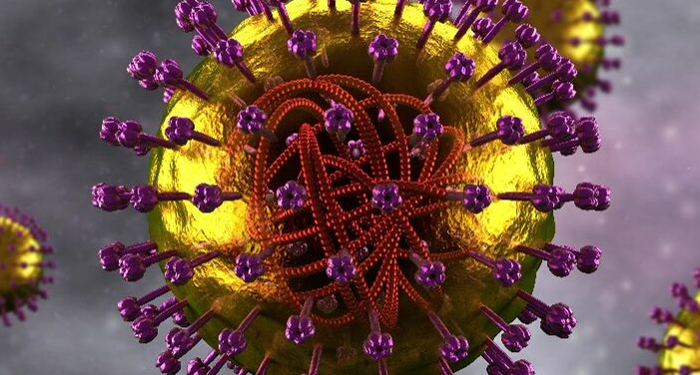Measles
 The Texas Department of State Health Services (DSHS) is reporting the end of this year’s measles outbreak, which was centered in West Texas. It has been more than 42 days since a new case was reported in any of the counties that previously showed evidence of ongoing transmission. DSHS will continue to monitor for new cases but will cease updating the interactive outbreak dashboard. For more information, visit www.dshs.texas.gov/measles.
The Texas Department of State Health Services (DSHS) is reporting the end of this year’s measles outbreak, which was centered in West Texas. It has been more than 42 days since a new case was reported in any of the counties that previously showed evidence of ongoing transmission. DSHS will continue to monitor for new cases but will cease updating the interactive outbreak dashboard. For more information, visit www.dshs.texas.gov/measles.
The last case of measles in McLennan County was confirmed in May, and a total of nine cases were reported during this statewide outbreak. Measles information will remain available; however, the dashboard will no longer be updated unless new cases are reported.
What is measles?
Measles is a highly contagious viral illness that spreads easily through the air or through close contact. Measles can have serious complications, especially for babies and young children, such as hospitalization, pneumonia, and even death. A person with measles is contagious for four days PRIOR to any noticeable symptoms.
Symptoms
What are the symptoms of measles?
1-2 weeks after being exposed to measles, the first symptoms are usually:
- High fever (can be up to 104ºF)
- Cough
- Runny Nose
- Red, watery eyes
- Sore throat
2-3 days after symptoms start:
- Tiny white spots may appear in the mouth
3-5 days after symptoms start:
- A rash breaks out. It usually begins with flat red spots on the forehead. Then, it spread down the face, neck, and rest of the body.
Measles may be contagious up to 4 days after the rash is gone.
If you develop symptoms and suspect you may have measles:
- Isolate yourself and CALL a healthcare provider BEFORE visiting a clinic.
Transmission
How does measles spread?
- Measles spreads easily through the air when an infected person breathes, talks, coughs, or sneezes.
- The virus can stay in the air and on surfaces for two hours, even after the infected person has left.
- The infected person can spread the disease up to four days before a measles rash appears and up to four days after the rash appears.
- If other people breathe the contaminated air or touch the infected surface, then touch their eyes, noses, or mouths, they can become infected.
Highest Risk Groups
What groups are highest risk for measles?
Measles can be serious in all age groups.
However, there are several groups that are more likely to suffer from measles complications:
- All individuals who are not vaccinated or have not had a previous measles infection
- Children younger than 5 years of age
- Pregnant people
- People with weakened immune systems, such as from leukemia or HIV infection
Prevention
How do I protect myself and others against measles?
The MMR (measles, mumps and rubella) vaccine is the first line of protection against measles. The MMR vaccination can be administered up to 72 hours post-exposure. A single dose of the MMR vaccine can provide up to 93% protection against the disease.
The spread of measles can be prevented if two-dose coverage of vaccine remains at 95% or above in the community.
The MMR vaccine is available at our Immunizations Clinic Monday-Friday, 8:00 a.m. - 4:30 p.m. If you have questions about the vaccine, you can contact the Immunizations Clinic at (254) 750-5410.
About the MMR Vaccine
The Measles, Mumps, and Rubella (MMR) vaccine is highly effective in preventing infection and is recommended for children and unvaccinated adults.
- Children should receive two doses of the MMR vaccine - one at 12-15 months and another at 4-6 years - while older children and adults may need one or two doses if not already immune.
- Your healthcare provider can help determine how many doses you need.
- Most people who are vaccinated with MMR will be protected for life.
Healthcare Providers
If you are a healthcare provider reporting a positive or suspected case of measles or have additional questions or concerns, call the Waco-McLennan County Public Health District Disease Reporting Line at (254) 750-5411.